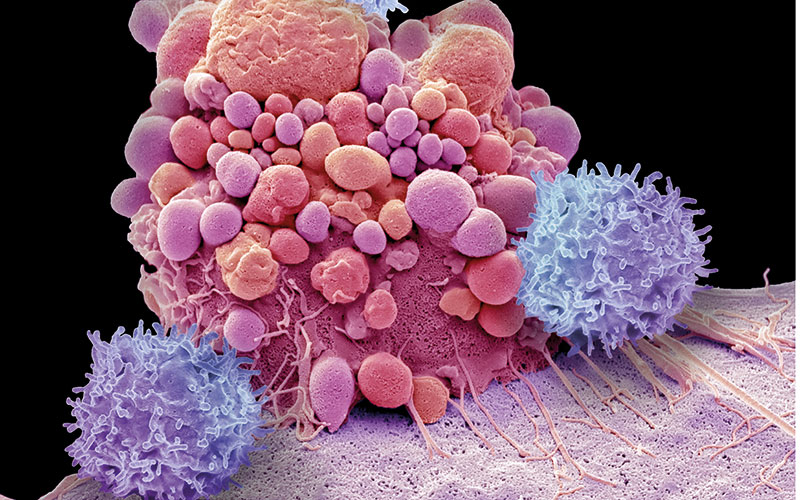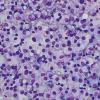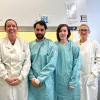NHS patients with lymphoma have been given a pioneering treatment that genetically reprogrammes their immune system to fight cancer.

CAR-T, is a personalised medicine, created using a patient’s own cells. It featured in the October 2018 issue of The Biomedical Scientist, when it was labelled the “most exciting treatment advance for decades”.
Now, doctors at King’s College Hospital, London, have said some patients are being completely cured in a way that had “never been seen before”.
It works by removing T-cells from the patient’s blood, freezing them in liquid nitrogen and sending them to laboratories in the US.
These cells, which will later be injected back into the patient, are genetically reprogrammed so that rather than killing bacteria and viruses, they will seek out and destroy cancer.
Clinical trials have shown that 40% of patients had all signs of their otherwise untreatable, terminal lymphoma eliminated from their body 15 months after treatment. CAR-T is a new therapy and long-term data is still lacking, but it is thought that up to 200 NHS patients a year could benefit.
Image credit | Science Photo Library




